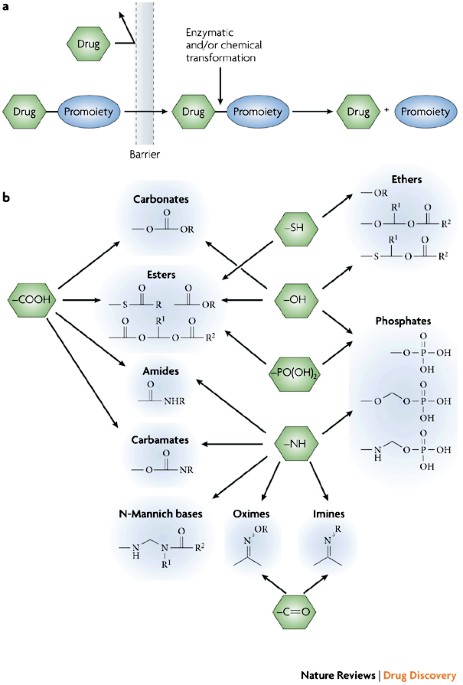Actually, the farm bill does mention "a procedure for testing, using post-decarboxylation or other similarly reliable methods, delta-9 tetrahydrocannabinol concentration levels of hemp", so the implication is THCA is treated the same as THC.
If they're using gas chromatography of any sort for analysis, THCA will appear as THC by virtue of the sample being introduced to the chromatographic column by vaporization over derivatized (chemically deactivated) silica wool at around 200C or more, which resembles closely what happens in a vaporizer pen, and causes complete decarboxylation. In order to "see" the THCA, the analyte sample must either be reacted with derivatizing agents to mask its reactive/polar groups to stabilize the compounds against thermal decomposition and improve chromatographic peak shape (such as forming trimethylsilyl esters/ethers by reaction with e.g.
BSTFA, which is conveniently available in single-dose ampules for preparing small batches of samples), or an alternative method of analysis like HPLC must be used. (I would not consider NMR, UV-VIS, IR or other methods that do not seperate the various components of the sample appropriate for anything more than qualitative analysis: i.e. it will answer "Is there THC-A present?" but not "How much THC-A is present? (either relative to other components, or as absolute concentration)".
Either way, the average drug lab will no doubt identify THC-A as THC (and CBD-A as CBD, CBG-A as CBG, and so on), unless they specifically look for it.
Taking off my chemist hat and putting the tinfoil one on, I think it might be because most "alternative cannabinoid" users are middle- and upper-class White people, presumably with disposable income (read: taxpayers). Probably some significant fraction are even Trump-aligned Republicans (drug use transcends all boundaries, and those people are hypocrites in almost every facet of their life, so of course those campaigning against drug use tend to have prescriptions for Percocet and "medical" cannabis, if they're not outright abusing cocaine or methamphetamine. (You never see them caught with anything
really fun though. Though, I guess if you were doing a bunch of acid, mushrooms, ketamine etc. there'd be a good chance you'd no longer be a Trumpite by the time the dust settled.)
If it was Chinese companies supplying the d8-THC and analogues (no doubt some are, under the table - tetrahydrocannabiphorol isn't produced by
C. sativa in any more than scant traces, so it is no doubt totally synthetic) or the Mexican cartels pushing THC-A, you'd see a totally different, zero-tolerance, nationwide ban, I think.



